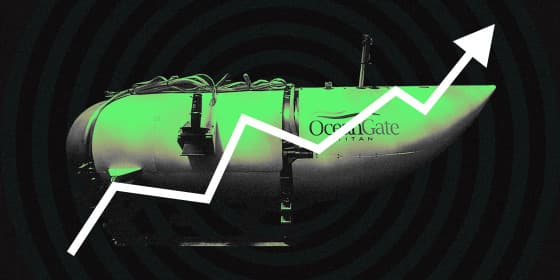Agrawal: Prediction Markets Must Remove Human Truth Determination

Neeraj K. Agrawal, a prominent figure in the cryptocurrency and venture capital sectors, asserted on social media platform X on July 9, 2025, that "The future of prediction markets requires removing humans entirely from truth determination." This bold statement underscores a vision for fully automated and objective mechanisms to resolve outcomes in these increasingly popular decentralized platforms.
Agrawal, a general partner at Battery Ventures and a key communications figure at Coin Center, a leading cryptocurrency policy think tank, has consistently advocated for decentralized technologies. His recent comments align with Coin Center's mission to promote the right to use and develop decentralized networks, emphasizing that truly decentralized tools should not be subject to traditional regulation. He has previously discussed the regulatory perspective on crypto prediction markets, noting that if a market is genuinely decentralized, there is no central entity to regulate.
Prediction markets allow participants to bet on the outcome of future events, with prices reflecting the collective probability of those events. Traditionally, the determination of the "truth" or outcome of an event in these markets can involve human arbiters, a process that introduces potential for bias, delays, or subjective interpretation. Agrawal's stance suggests a move towards a system where such human elements are entirely eliminated.
This push for automated truth determination points towards the increasing reliance on decentralized oracle networks and artificial intelligence. Oracles feed real-world data into blockchain-based smart contracts, enabling automated and immutable resolution of market outcomes. Such systems aim to enhance efficiency, transparency, and resistance to manipulation, removing the single points of failure or subjective judgment associated with human intermediaries.
The implications of fully automated prediction markets extend beyond efficiency, touching upon regulatory frameworks and the broader acceptance of decentralized finance. By minimizing human intervention, proponents argue that these markets can achieve a level of objectivity and censorship resistance that makes them more robust and less susceptible to traditional oversight, aligning with the core principles of decentralization championed by organizations like Coin Center. This vision, however, also raises questions regarding the handling of ambiguous events or unforeseen circumstances that might still require nuanced interpretation.